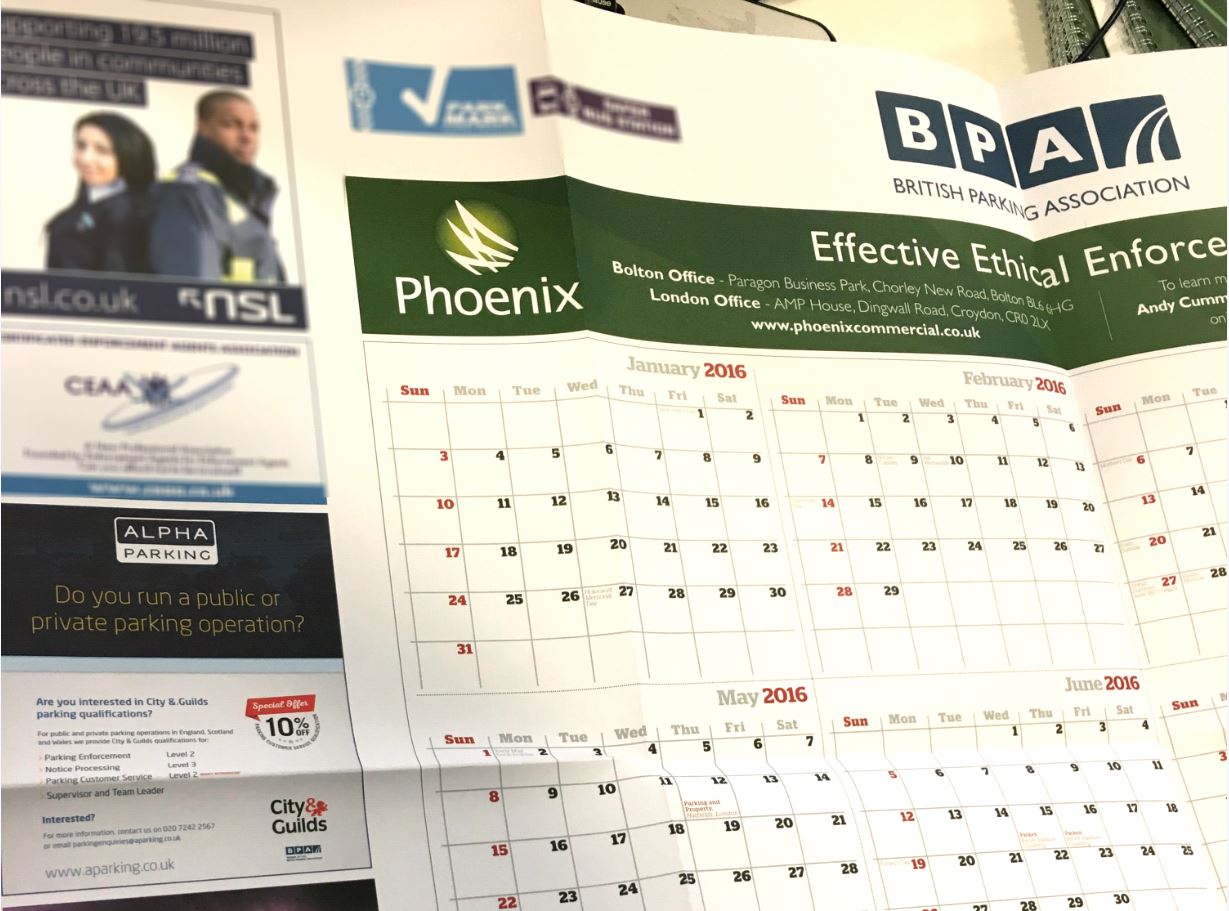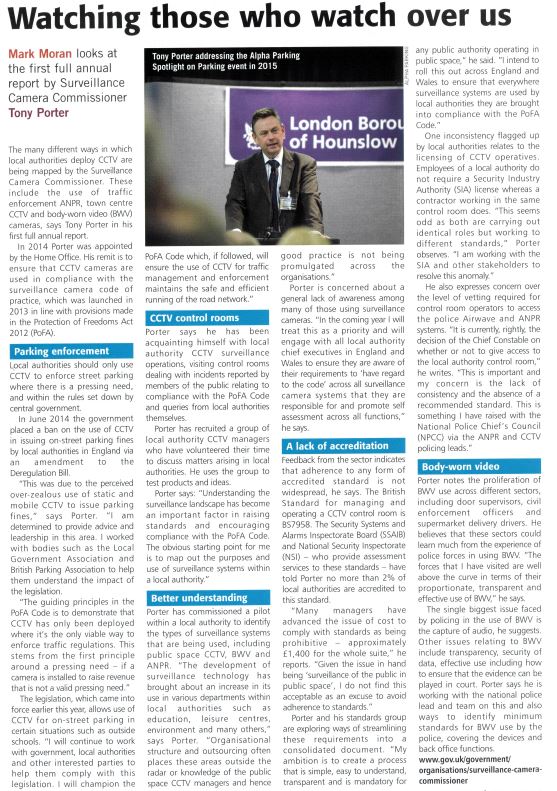Yearly Archives: 2016
Parking Stress Surveys provided by Alpha Parking
Parking Stress Surveys are one of the products provided by Alpha Parking’s specialist Survey Team.
The requirement often arises where new developments with little or no parking provision on site are likely to increase parking demand in an area. Examples include when a house is being converted into a number of flats or a housing association is developing a previously commercial site. In such cases Council Planning Departments will often require a Parking Stress Survey to assess the probable impact of the development on on-street parking.
The aim of the surveys is to report on the percentage of approved on- street parking available during high demand times. The survey is carried out on an appropriate number of occasions usually during weekdays. The Alpha team will assess the number and position of available parking spaces in the area and then survey how many are occupied in the agreed period. The survey will be planned based on the specific environment so adjustments will be made to reflect factors that may impact the parking profile, for instance a nearby station.
The Alpha team always takes care to work as closely as possible with the appropriate Planning Department. This means both checking that the planned survey scope fits their requirements and that the output provided will meet their expectations. Standard Alpha output can include the report, maps and appropriate photographs. There are widely accepted standard requirements for these surveys and Alpha have the experience to ensure these are followed.
This is an area where Alpha offers an efficient, cost effective and quality product. If you are interested in a cost estimate or have any queries contact us in parkingenquiries@aparking.co.uk or telephone 020 7242 2567.
Mixed views on introduction of car-park charges in Downham Market
We are pleased to be mentioned in the Eastern Daily Express for Downham Market Town Councils consultation event.
Pleased to be part of the BPA 2016 calender
Request a free 2017 desktop calender
We would love to send you a free copy of our 2017 desk calendar.
To request this please email parkingenquiries@aparking.co.uk with your:
Full name
Company name
Job title
Delivery address
The importance of the private parking industry
Very interesting BBC investigation highlights importance of private parking industry training and standards:
http://www.bbc.co.uk/news/uk-england-35253759?_cldee=cGVubnkud2luZGVyQGFwYXJraW5nLmNvLnVr
Watching those who watch over us
“London Tribunals” not “PATAS”
A reminder for 2016: in 2015 the “Parking and Traffic Appeals Service” (PATAS) used by the London Local Authorities for PCN appeals changed its name to “London Tribunals” and this should be reflected in all paperwork.
http://www.londontribunals.gov.uk/
Happy New Year – looking forward to a busy 2016!
Stress relief provided by Alpha Parking
Parking Stress Survey
It is the stuff of nightmares: cars double parked; safety compromised around schools because of the high volume of vehicles in the surrounding streets; shoppers unable to park near the local high street; commuters leaving their cars in the roads close to the railway station. For any developer, surveyor, housing association or local authority planning officer, mis-management of parking space can cause untold misery and problems.
So when it comes to urban residential development, no matter what area is under consideration – from converting a disused industrial site into housing or transforming a single house into flats – parking should always be a priority issue. It will undoubtedly be the focus for the residents, both people moving in and those who already live in the area, so it is imperative that the professionals responsible for the development get it right first time. The savvy developer will always make sure that they, or their specialist advisor, are as informed as possible when it comes to parking behaviour and patterns. Nowadays, many Planning Departments are asking for evidence of the impact of increasing the number of residencies and, therefore, the parking requirement.
Detailed knowledge of things such as times of high usage, areas where occupancy levels are above average and factors that can influence and change parking patterns – on either a temporary or permanent basis – will all go towards helping architects, surveyors and developers project manage the planning process cost-effectively and with the least amount of problem and delay.
This is why Alpha Parking has developed their own approach to carrying out and reporting on Parking Stress Surveys. These surveys review, measure and report on the parking availability in the local area and, therefore, the level of impact of any new development. It is a service where Alpha Parking’s experienced teams can deliver a cost effective result with a high level of skill and efficiency.
Director of Alpha Parking, Penny Winder, explains how the survey works: ‘Parking stress is usually expressed as a percentage and reflects the number of parked vehicles as a percentage of the amount of authorised available parking.
‘As an example, 75 per cent parking stress means that, on average, three quarters of the available parking space is occupied at the times expected to be reflecting the highest usage levels. Increasing the parking stress can impact areas such as safety, access by the emergency services, traffic flow, refuse collection, delivery of goods and amenity generally.’
In Winder’s experience, many councils will see anything above 80 per cent stress levels as high and a cause for concern. This means that adding to the on street parking requirement may impact on the planning permission.
The problem for developers is getting a comprehensive picture of the patterns of parking. The streets surrounding a railway station might only have 30 per cent occupancy in the early morning or evenings, but could reach levels of nearly 100 per cent during the day as commuters park their cars before boarding their train. Or a quiet street near a school could spring into life for an hour in the morning and an hour in the afternoon, but be virtually empty at all other times.
Then there are temporary traffic orders, which might lead to more vehicles hunting for fewer spaces. This could be true of a major construction site or roadworks following repairs or installation of gas, electricity or sewage lines.
The planning stage for the Parking Stress Survey highlights any potential areas of concern and adjusts the survey approach to reflect the current situation on the street. The survey involves planning and carrying out the on-site review and then producing reports, maps and photographs to the quality and detail required by the industry standards and the individual local authorities.
The Alpha team works from the accepted industry approach, but as Winder explains, each environment and situation is different, and so each survey will be adapted accordingly. And having this knowledge is vital to the whole operation, she adds. Because only when the council has received information on the parking stress of a development site will it give planning permission, so offering it at an early stage of proceedings will help speed up the whole process, again saving time and money on the development.’


